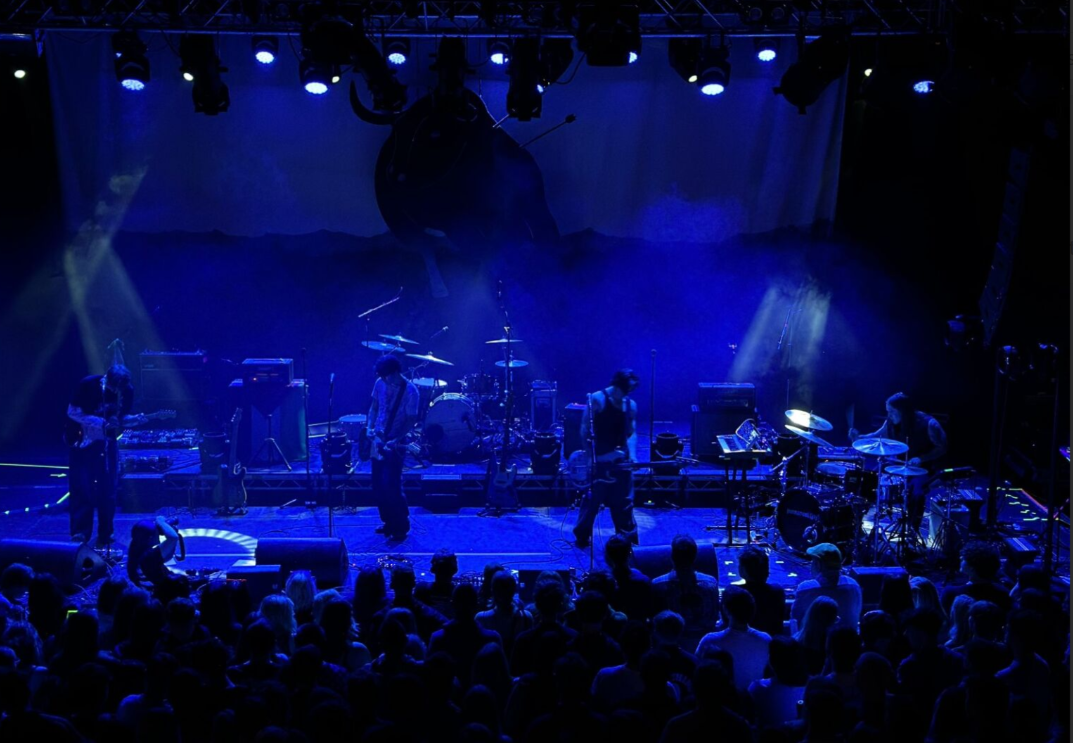By Catrin Lewis
From pop stars to reality stars, the society that we live in today is saturated by celebrities. They sing some of our favourite songs, play our favourite sports and even write some of our cookbooks. It’s nearly impossible to navigate through our daily lives without crossing paths with a celebrity name or two. As a society, we have become engrossed in celebrity culture but opinions on the topic are divided. Whilst some follow every move of their favourite celebs others despise their very existence. Whatever your opinion, there’s no denying that celebrities have become an important part of modern culture, especially with the rise of social media and ÔÇÿthe influencer’. The question, therefore, of whether celebrity culture is good or bad is a complex one as there are many different aspects to consider.
Over the last year, the world has faced more than its fair share of disasters, whether natural or man-made. From the Australia and California wildfires, Yemen and Syria civil wars and most recently the ongoing coronavirus pandemic, global citizens have been reaching out to each other more than ever for comfort and support. These disasters sparked kindness as people donated what they could to others in need during times of crisis. Several celebrities took to social media during the Amazon fires and raised awareness about a topic that many felt was ignored by the mainstream media. This led to broadcasters picking it up and within days the fires became international news. During this, Hollywood star Leonardo DiCaprio became one of the many celebrities using their wealth for good and pledged $5 million to help reduce the number of fires and prevent the potential loss of species and deforestation. Other celebrities that donated to the cause include Vanessa Hudgens and To All the Boys I’ve Loved Before actress Lana Condor who then nominated her co-stars to do the same.
Their wealth isn’t the only resource that celebrities can use during times of need and many make good use of the large platforms and followings that they possess whether on social media or elsewhere. Amongst those using their platform for activism is Kim Kardashian West. The reality star turned businesswoman, who is arguably one of the most criticised celebrities, has been using her platform for criminal justice reform activism. However, it isn’t just social media activism as she’s also pushed for change at the White House and used her influence to create real change. Alice Marie Johnson, a 64-year-old incarcerated for non-violent drug offences, was pardoned after the star advocated for her release in meetings with Donald Trump and Jared Kushner Johnson.
Emma Watson is another celebrity activist that has used her voice for positive change. She became the UN Women Goodwill Ambassador in 2014 and has used her social media platforms to promote her HeForShe campaign which advocates for men to support equal rights campaigns. LGBTQ+ stars have also used their platforms to advocate for equal rights including Sam Smith and Queer Eye‘s Jonathan Van Ness. It’s important to remember that celebrities are ordinary people and that their lives aren’t perfect either. Halsey and Selena Gomez are examples of celebs using their platforms to raise awareness of the medical issues that they face and to support others in similar situations.
Whilst celebrities’ large platforms can be used for good, they can also occasionally cause hindrance. Several influencers have come under fire for promoting dangerous weight loss products. The products could put impressionable audiences that aspire to look like them at risk. Amongst the accused celebs are Khloe and Kim Kardashian, Kylie Jenner and Cardi B and fans have urged the celebs to promote self-love rather than potentially dangerous products. There is also the risk that celebrities’ actions can influence their fans to pick up dangerous habits. R&B singers and rappers often reference drug use and violence in their music. Although some promote the dangers and raise awareness of their impact, others glamorise drugs, alcohol and violence. Whilst this doesn’t necessarily mean that fans will pick up the habits, it does normalise them and puts out a dangerous message, particularly for younger fans. Snoop Dogg and Miley Cyrus are just two of the celebrities that, despite having large followings, have promoted drug use in their music and on their social media platforms in the past.
Another issue with celebrity culture is that many have become too immersed in it. Whilst most of us follow celebrities to some extent, others devote hours of their day idolising their favourite stars. Although this can be harmless it can also lead to problems such as anxiety, body image issues and mental health issues. There have been instances where celebrity worship has been taken to the extreme with obsessive fans stalking celebs and going to their houses. Justin Bieber, Kendall Jenner and Harry Styles are amongst those who have been stalked by so-called ÔÇÿsuperfans’ with one man even going as far as plotting Bieber’s death “because he changed”.
Celebrities often use their wealth for positive change by donating millions to charity or funding alternative projects. However, is it problematic that one person has so much wealth in the first place? Images of the Skid Row neighbourhood in Los Angeles depict the harsh reality for the almost 3,000 homeless people that reside there. There are hundreds of tents lining the streets, filled with those who are struggling to afford necessities like food and medicine. Shockingly, the same city is also home to neighbourhoods such as Beverly Hills and Hidden Hills, some of the wealthiest areas in the world with average household incomes close to $400,000. Some of the richest celebrities in the world live a mere 20-minute drive from the homeless. Wealth inequality causes social and economic problems such as low happiness levels, slowing economic growth and higher rates of health problems and crime. Although most celebrities do donate when they can, more needs to be done systemically to lessen global wealth inequality and improve life for everyone. It’s hard to believe that billionaires who will never use most of their wealth are living alongside those who have nothing.
Celebrity culture is an unavoidable part of our society and plays a huge part in our media landscape, especially when it comes to popular culture. When done right it has the potential to spark progression and change the world for the better. However, although the positives of celebrity culture can lead to change it’s also important not to overlook the negatives. Obsessive fans and celebrities promoting drug habits have the potential to put lives at risk whilst unequal wealth distribution means that celebrities can live a life of luxury whilst there are others left with nothing. Although celebrity culture plays an important role in our world today, the positives must outweigh the negatives to ensure that it helps rather than harms society’s most vulnerable people.


